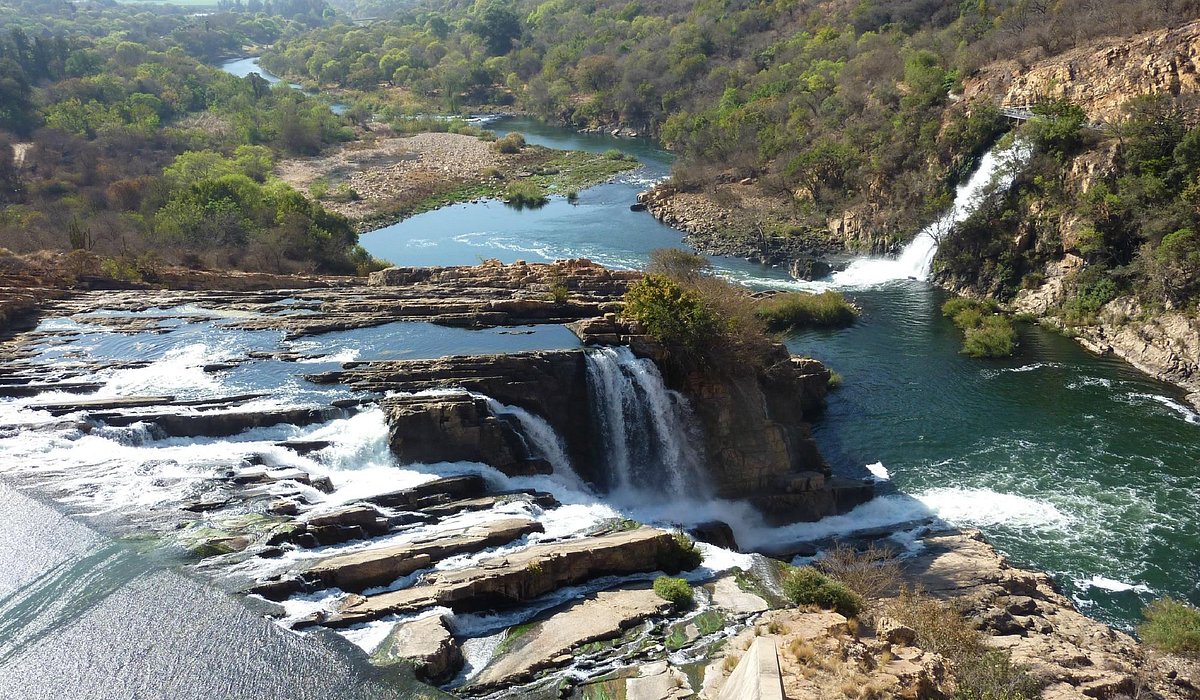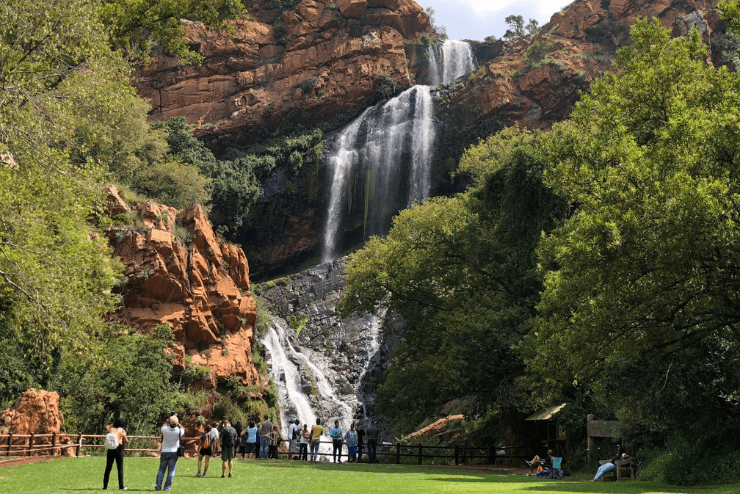Excitement About Johannesburg North Attractions
Excitement About Johannesburg North Attractions
Blog Article
Unknown Facts About Johannesburg North Attractions
Table of ContentsSome Of Johannesburg North AttractionsJohannesburg North Attractions Can Be Fun For AnyoneJohannesburg North Attractions Things To Know Before You BuySome Known Questions About Johannesburg North Attractions.The smart Trick of Johannesburg North Attractions That Nobody is Talking AboutUnknown Facts About Johannesburg North Attractions8 Easy Facts About Johannesburg North Attractions Described
You need to keep protection in mind and visitors should continue to be alert at all times when in strange surroundings. Talk to the residents when you are in town to discover the area you are remaining in. Johannesburg North attractions. When on the road (this doesn't relate to mall and other protected atmospheres) finest basic suggestions is to attempt your finest to look like a neighborhood and to prevent showing any kind of form of wide range
Not known Incorrect Statements About Johannesburg North Attractions
Teacher Revil Mason O. J. (Thomson, 1946) checked out the Witwatersrand's pre-colonial background. His historical work blew up the 'em pty land' myth, according to which the region was without human habitation before the arrival of European settlers. In his magazines Prehistory of the Transvaal: A Record of Human Activity (1962) and Origins of Black Individuals of Johannesburg and the Southern Western Central Transvaal Advertisement 3501880 (1986 ), Teacher Mason demonstrated the level of social and financial development in the area prior to Europeans established foot below.

The Buzz on Johannesburg North Attractions
In 1878, David Wardrop found gold in quartz veins at Zwartkop, north of Krugersdorp. In 1881, Stephanus Minnaar came across gold on the farm Kromdraai, near the Cradle of Mankind.
In March 1886, a protrusion (soon to be called the Key Coral reef) was found, fairly luckily, on Gerhardus Oosthuizen's ranch Langlaagte. Some state that the Lancastrian coal miner George Pedestrian discovered this reef. Another itinerant English prospector, George Harrison (that had previously functioned in Australian mines) obtained a prospecting permit in regard of Langlaagte in Might 1886.
He decided to move on in a mission for greener fields, and disposed of his Langlaagte case for the baronial sum of 10. Alas: underneath lay the richest goldfield ever discovered. The exploration of this rich auriferous reef provoked a gold rush that signalled the end of bucolic tranquillity in the southern Transvaal.
It would certainly, within 6 years, come to be the biggest town in southerly Africa. Within a years, it would make the Z. A. R. up until then an anarchical and insolvent little state the richest nation in Africa. By the millenium, the Z. A. R. was to exceed Russia, Australia and the USA of America to come to be the globe's leading gold producer, generating more than a quarter of the world's gold.
The Main Principles Of Johannesburg North Attractions
It was called Ferreira's Camp, called after Colonel Ignatius Ferreira. He was a Boer traveler upon whom the British authorities had presented the status of Friend of the Many Distinguished Order of St Michael and St George (qualifying him to the post-nominal letters C. M. G.) in thankfulness for his role in the battle that had deposed the Pedi king Sekhukhune in 1879.
Two various other camps were established: Meyer's Camp on the farm Doornfontein, and Paarl Camp. The latter was nicknamed Afrikander Camp; numerous individuals from the Cape Swarm worked out there.

The Definitive Guide for Johannesburg North Attractions
This name gained money by word of mouth, such that the State Secretary attested the name to the Mining Commissioner on 9 October 1886. Stands in the village were auctioned on 8 December 1886. While some stands were marketed for 10, others were torn down for as little as sixpence.
2 years later, these erven were to alter hands for as long as 750 each. The tented camps dwindled as a dorp of corrugated iron structures established and increased useful link north of the mines located along the Key Coral Reef Road. Locations such as Jeppe's Town (where working-class immigrants erected their dwellings) and Doornfontein (where the affluent brand-new 'Randlords' began to construct their extravagant residences) were quickly included in the ever-expanding map of the town.
Our Johannesburg North Attractions Statements
Apart from the street names, there were no indications of Johannesburg being located in a Dutch-speaking country., almost everybody spoke English and also the Federal government servants addressed one in English, unless they were first addressed in the Taal (or Reduced Dutch)'.
Britain had a passion in making sure ideal conditions for gold manufacturing on the Witwatersrand, and that the gold was exported to London instead than Berlin a critical rendered all the much more clamant by the Z. A. R.'s increasing toenadering with Germany. Mine proprietors got on a clash with Head of state Kruger, whose policy of monopolistic concessions (usually provided to his cronies) stopped mining companies from acquiring materials of materials (especially dynamite) and work by themselves, this link less expensive terms
Johannesburg North Attractions Can Be Fun For Everyone
In 1890, the Volksraad had limited the franchise to white guys that had actually resided in the Z. A. R. for fourteen years or longer, therefore invalidating a lot of the immigrants (who took place to be read more the major contributors to the fiscus). Frustration for the vote was a simple pretense for promoting a different schedule; most uitlanders regarded themselves as short-term site visitors and had no purpose of remaining in the Z.
Report this page